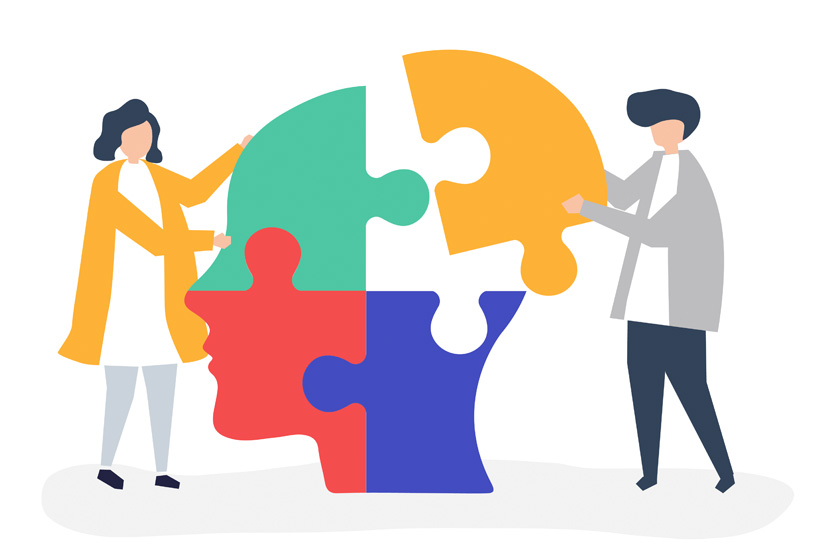In today’s rapidly evolving world, the importance of life skills for students has become increasingly evident. While academic achievements provide a solid foundation for success, essential life skills like problem-solving, self-motivation, and digital literacy are equally crucial for success beyond formal education. These competencies not only prepare students for their future professional careers but also contribute to their personal development and adaptability in an ever-changing societal landscape.
Problem-Solving Skills
Problem-solving is a fundamental life skill that empowers students to confront challenges effectively. It involves identifying issues, generating potential solutions, evaluating options, and implementing the most suitable course of action. Encouraging students to engage in practical scenarios, such as collaborative group projects or case studies, enhances their critical thinking abilities. For instance, when faced with a task deadline, students can practice assessing their options, prioritizing tasks, and collaborating with peers to identify the optimal solution. This not only fosters resilience but also equips them for the intricate challenges encountered in the workplace.

Self-Motivation and Goal Setting
Self-motivation is the driving force behind personal and academic achievement. Educating students to set SMART goals—Specific, Measurable, Achievable, Relevant, and Time-bound—helps them articulate their aspirations and break them down into manageable steps. Techniques like creating vision boards or maintaining journals can further boost motivation. For example, a student who sets a goal to improve their academic performance can track their progress biweekly, celebrate small achievements, and adjust their strategies as needed. This skill cultivates a sense of ownership over their learning journey and instills a lifelong passion for self-improvement.
Digital Literacy
In our digital era, being digitally literate is crucial. It involves the ability to navigate, evaluate, and create information using technology. Students should acquire knowledge about online safety, responsible information usage, and critical assessment of sources. Proficiency in basic coding and digital communication skills is highly valued in today’s competitive job market. Educational institutions can effectively integrate technology into their curriculum by incorporating interactive lessons. This approach ensures that students not only become information consumers but also creators, preparing them for future careers in a technologically driven world.

Communication Skills
Effective communication is a fundamental aspect of personal and professional success. It encompasses verbal, nonverbal, written, and digital communication. Students should cultivate active listening, clear articulation, and adapt their communication styles to suit different audiences. Role-playing exercises, debates, and presentations can enhance these skills.
The ability to convey ideas effectively and collaborate with others is indispensable in any career. Robust communication skills enable individuals to thrive in various fields and contribute meaningfully to society.
Conclusion
As we prepare students for life beyond the classroom, integrating essential life skills into the curriculum is imperative. Problem-solving, self-motivation, digital literacy, and communication are not just academic concepts but vital competencies that shape well-rounded individuals. By prioritizing these skills alongside traditional academic achievements, schools can empower students to succeed in their future endeavors.
The journey towards success extends beyond academic accomplishments, encompassing the life skills that enable individuals to navigate obstacles, seize opportunities, and contribute meaningfully to society. Lakshmeesha Khatavkar Subject Mentor for Physics

